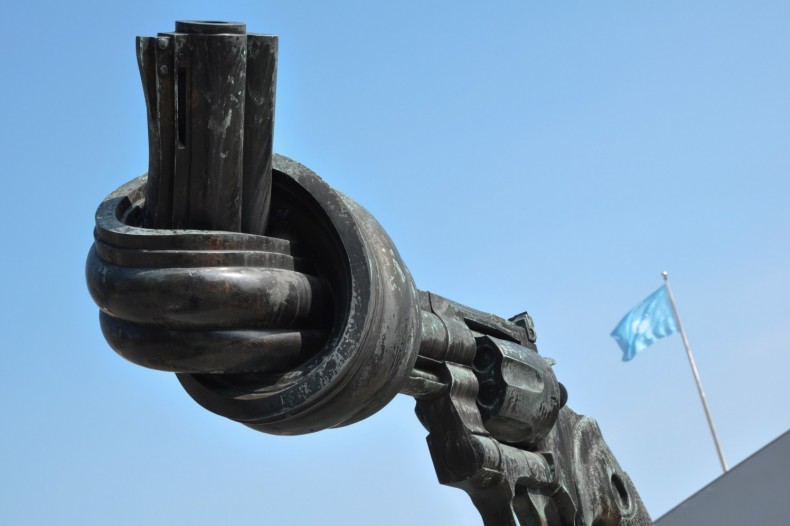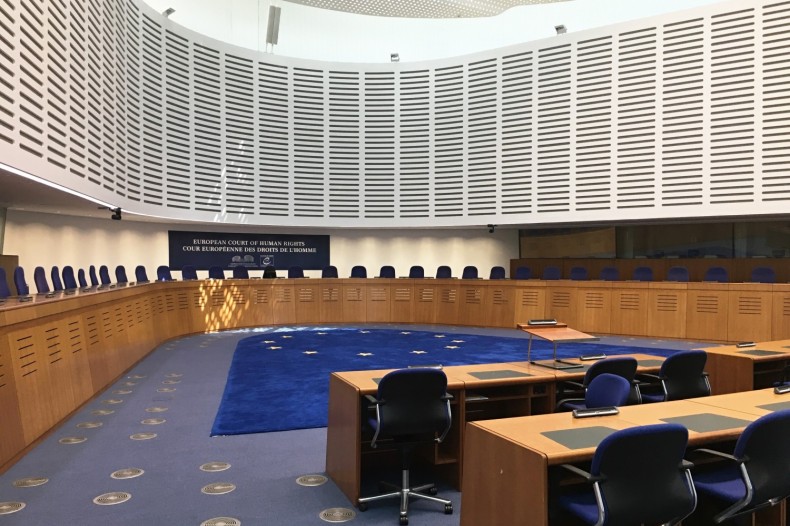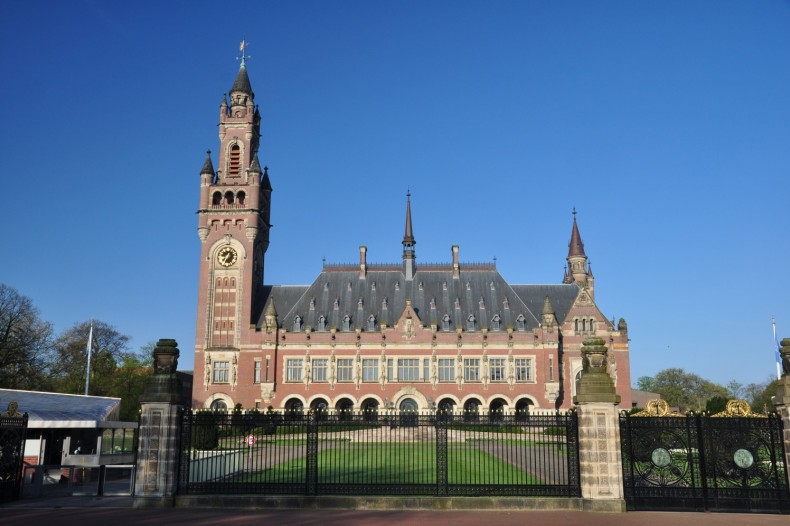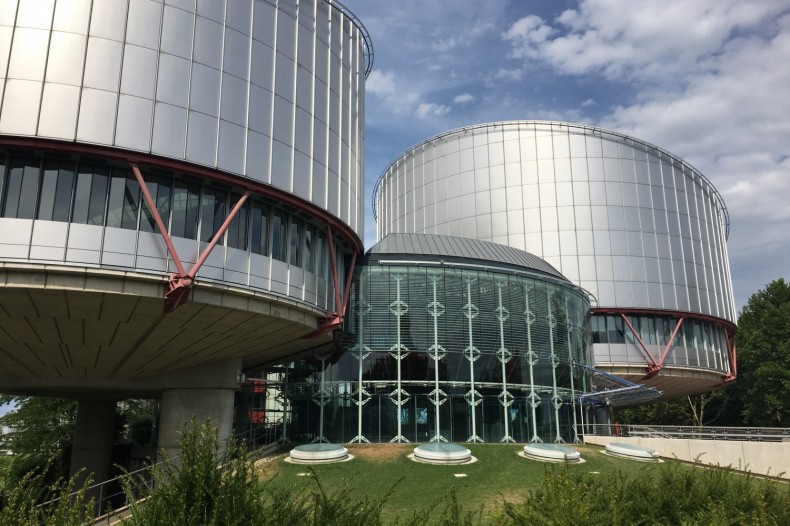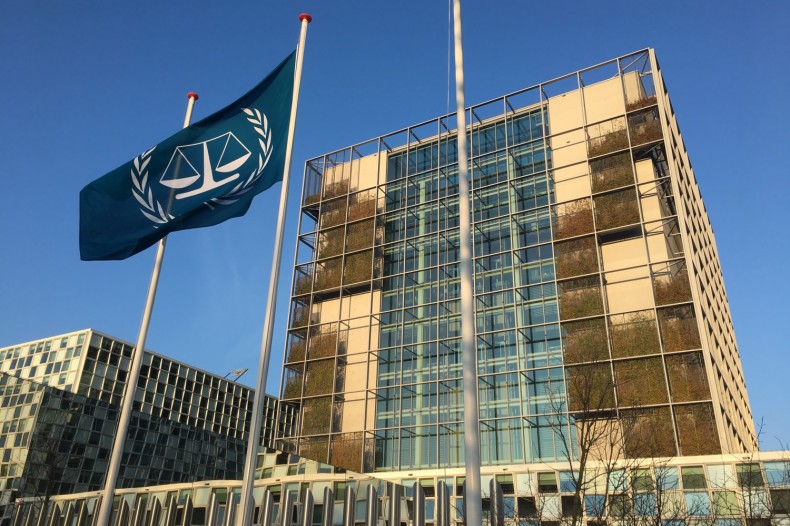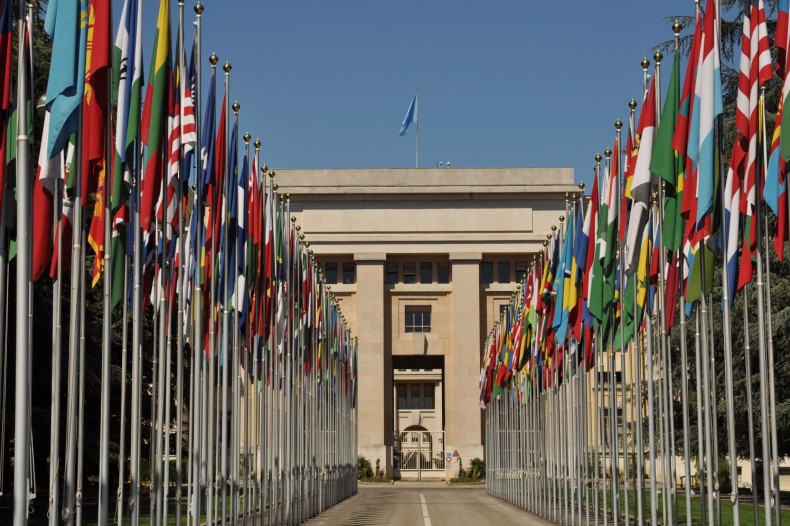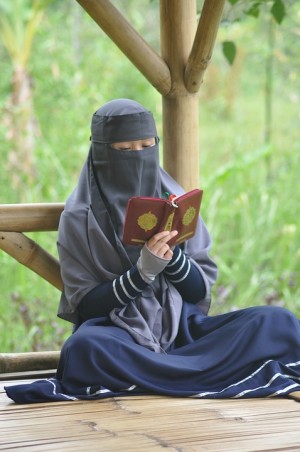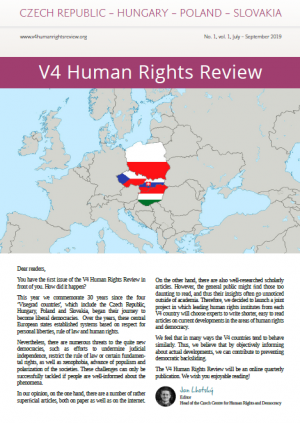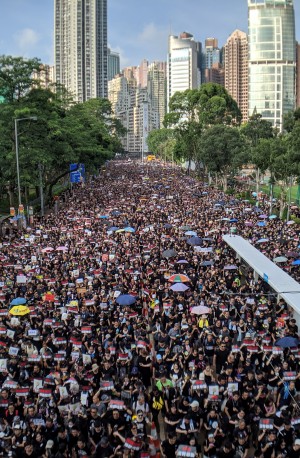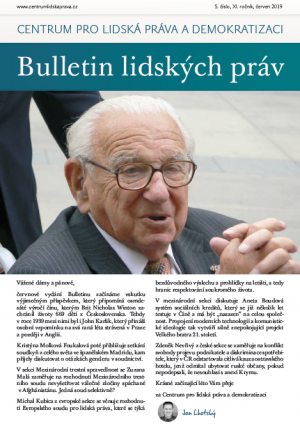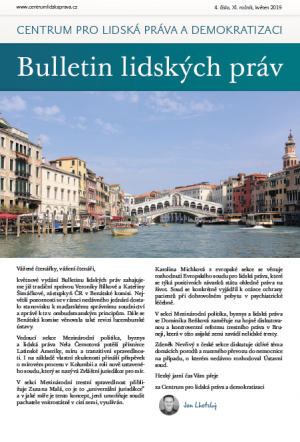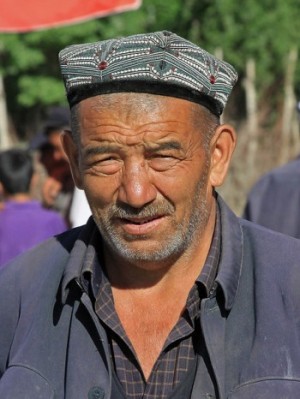Czech Centre for Human Rights and Democracy
The Centre is an independent academic institution monitoring human rights developments both domestically and worldwide, issuing a monthly Bulletin, as well as organizing conferences.
A controversial law that prohibits clothing that "covers the face" from being worn in schools, hospitals, other public buildings and public transport, came into effect in the Netherlands at the beginning of August 2019. The Netherlands, therefore, became the most recent EU country to prohibit face-covering clothing in public buildings. The first country which launched similar legislative measures was France, in 2011.
The so-called Burqa Ban Act, which was passed in June of last year, is a result of 14 years of public debate on the subject. It covers the ban of wearing burqas and the niqab (two main symbols of Islamic religious dress), as well as other coverings such as ski masks, motor helmets or balaclavas in public buildings and public transport. In case of violation, there is a penalty of a 150 euro fine. The rule is partial, it does not apply to people wearing face coverings in the street (unlike more extensive bans in France, Belgium, Bulgaria, Austria and Denmark).
You can download the autumn V4 Human Rights Review here.
You have the first issue of the V4 Human Rights Review in front of you. How did this happen?
This year we commemorate 30 years since the four ‘Visegrad countries’, which include the Czech Republic, Hungary, Poland and Slovakia, began their journey to become liberal democracies. Over the years, these central European states established systems based on respect for personal liberties, rule of law and human rights.
Nevertheless, there are numerous threats to the quite new democracies, such as efforts to undermine judicial independence, restrict the rule of law or certain fundamental rights, as well as xenophobia, advance of populism and polarization of the societies. These challenges can only be successfully tackled if people are well-informed about the phenomena.
Eight people were convicted in July 2019 in the biggest modern slavery prosecution case in the United Kingdom, following an investigation that took three years. Five men and three women, all members of a Polish gang, enslaved and exploited more than 400 people.
The trial took place in Birmingham, with over 60 witnesses providing evidence against the prosecuted. The case was separated into two trials, the first of which already took place in February and five people were sentenced. The second trial, which concluded in July, saw another three men sentenced to prison. Seven of the eight traffickers were also convicted of money laundering.
For the past few weeks there have been numerous demonstrations filling the streets of Hong Kong. The police suppressed the demonstrators using a high level of violence in an attempt to calm the situation. Why are the citizens of Hong Kong assembling and what initiated the protests?
2019 Hong Kong Extradition Bill
The Extradition Bill [1] is an amended bill proposed by the government of Hong Kong in January 2019. The bill shall fix the legal loopholes that enables criminals to safely stay in the city. However, it simultaneously proposes a threat to the “one country, two systems”, since it leaves citizens of Hong Kong and those passing through the city vulnerable to possible trial (possibly unfair) in front of the courts of Mainland China, which are controlled by the Communist Party of China (CPC).
The June Bulletin opens with an exceptional contribution (in English) commemorating the 80th anniversary of when the Briton, Nicholas Winton, saved the lives of 669 children from Czechoslovakia. At that time in 1939, John Karlik was among those saved and brings us a personal recollection on his early years spent in Prague and later in England.
Kristýna Molková Foukalová then writes about a meeting in Madrid of female judges from all over the world, where they discussed the topic of gender in the judiciary.
Furthermore, there are a number of articles regarding current human rights developments. These articles are divided into the following four categories: International Criminal Justice; European System of Human Rights Protection; International Politics, Business and Human Rights; and the Czech Republic and Human Rights.
The May Bulletin opens with a traditional report from Veronika Bílková and Kateřina Šimáčková, Czech representatives at the Venice Commission. Within the last session, the most discussed topics were the opinion on the administrative courts in Hungary and the text related to the ‘Ombudsman principles’. Apart from the principles, the Venice Commission also focused on a revision of the constitution of Luxembourg.
The head of the section International Politics, Business and Human Rights, Nela Černotová, brings a contribution that will be welcomed by everyone interested in Latin America, peace and transitional justice. Among other things based on her own experience, she discusses the peace process in Colombia, as well as the newly established court, the “Special Jurisdiction for Peace”.
“Uighurs” are an oppressed minority group of Chinese Muslims living in Northwest China. While many voices have called for stopping China and its actions against this minority, it remains relatively unknown that the US has also played an important role in the violations of the human rights of this minority.
Alleged terrorists
As a result of the terrorist attacks on 11 September 2001, the US began the “War on Terror,” a military campaign launched by President George W. Bush. The campaign was against the terrorist group, Al-Qaeda, which operated in Afghanistan and Iraq, but it also combated other terrorist groups throughout the region.

